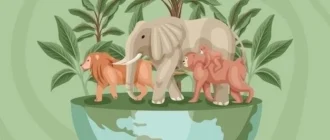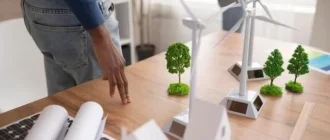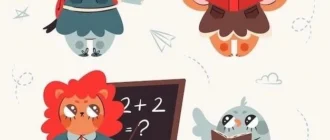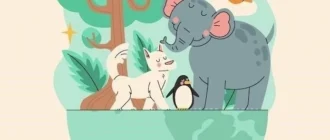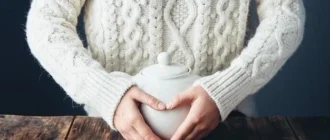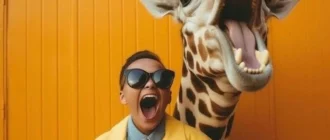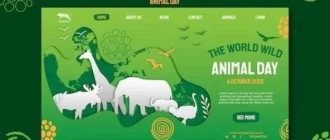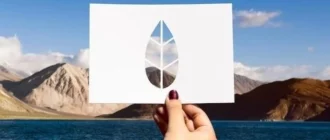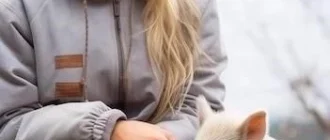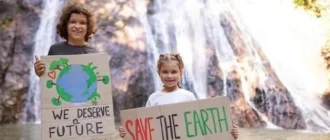As someone who has spent countless hours volunteering at wildlife sanctuaries and researching conservation efforts, I can confidently say that the future of animal conservation is a topic close to my heart. Ive witnessed firsthand the devastating effects of habitat loss, climate change, and human-wildlife conflict. However, Ive also seen the incredible resilience of nature and the inspiring dedication of individuals working tirelessly to protect our planets biodiversity.
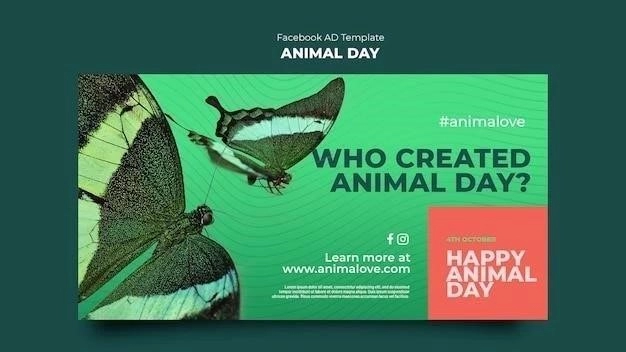
The Challenges We Face
The challenges facing animal conservation are daunting. During my time at the Great Lakes Wildlife Rehabilitation Center, I helped care for injured birds of prey, often victims of habitat loss due to deforestation. It was heartbreaking to see these magnificent creatures suffering because of human actions. Climate change is also posing a significant threat, disrupting ecosystems and pushing species towards the brink.
Reasons for Hope
Despite these challenges, there are reasons to be optimistic. Last year, I attended the International Conservation Summit, and I was blown away by the innovative solutions being developed. For example, I learned about a group using artificial intelligence to track endangered species and predict poaching hotspots. Another team was developing sustainable farming practices to reduce human-wildlife conflict in areas where elephants and farmers were competing for resources.
My Personal Experience
One of the most rewarding experiences Ive had was participating in a citizen science project monitoring sea turtle nests on a beach in Costa Rica. Working alongside researchers and local communities to collect data and protect these vulnerable creatures filled me with a sense of purpose and hope for the future.
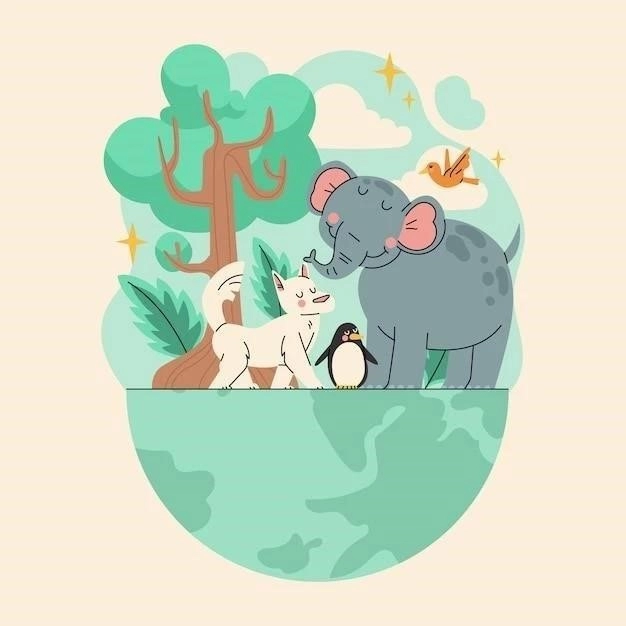
What We Can Do
The future of animal conservation relies on all of us. Here are a few things we can do⁚
- Support conservation organizations⁚ Donate to or volunteer with organizations working to protect wildlife and their habitats.
- Reduce our ecological footprint⁚ Make conscious choices to reduce our impact on the planet, such as reducing our consumption, conserving water, and choosing sustainable products.
- Educate ourselves and others⁚ Learn about conservation issues and share that knowledge with others. Become an advocate for change.
The challenges are real, but I firmly believe that by working together, we can create a future where both wildlife and humans can thrive. Its time to rewrite the narrative and ensure that future generations inherit a planet teeming with life.
I remember vividly the feeling of sand between my fingers as I carefully helped release baby sea turtles into the ocean. It was a magical experience, witnessing these tiny creatures instinctively knowing to head for the waves, embarking on a journey fraught with danger, yet filled with hope.
That trip to Costa Rica ignited a passion in me. I returned home determined to make a difference. I started small, organizing a park cleanup in my neighborhood and giving presentations about local wildlife at my old elementary school. It was incredibly rewarding to see kids eyes light up with fascination as I talked about the foxes and owls living right alongside us in the city.
I also made a conscious effort to align my consumer choices with my values. I started shopping at farmers markets, supporting local businesses committed to sustainability. I even convinced my family to try “Meatless Mondays,” which, after some initial resistance, became a beloved tradition in our household.
My journey into the world of animal conservation is far from over. Im currently studying environmental science in college, eager to gain the knowledge and skills needed to make a tangible impact. Im particularly interested in the potential of technology to aid conservation efforts, like using drones to monitor deforestation or developing AI-powered systems to prevent wildlife trafficking.
The future of animal conservation is inextricably linked to our own. Its a future Im dedicated to building, one small action at a time, driven by the belief that we can create a world where both people and wildlife can flourish.
My passion for conservation led me to volunteer at a local wildlife rehabilitation center last summer. I spent my days cleaning enclosures, preparing food for injured hawks and owls, and assisting with medical procedures. It was physically demanding and often heartbreaking, especially when we couldnt save every animal. But the experience solidified my commitment to this field. Ill never forget the feeling of releasing a rehabilitated red-tailed hawk back into the wild, watching it soar above the trees, finally free.
Inspired by my experiences, I decided to focus my senior research project on the impact of urban development on local bat populations. I spent months meticulously setting up acoustic detectors in different habitats, from bustling city parks to quieter suburban neighborhoods. Analyzing the data was painstaking, but I was thrilled to discover that certain bat species were adapting surprisingly well to urban environments. This finding fueled my belief that even in the face of human encroachment, theres still hope for coexistence.
I recently presented my research at a regional science fair and was amazed by the positive response. Not only did I win first place (which came with a very welcome scholarship!), but I also connected with several established scientists working in the field of urban ecology. One conversation, with a researcher studying the impact of light pollution on bird migration, particularly resonated with me. It made me realize the vastness of the conservation field and the countless opportunities to make a difference.
I know I still have so much to learn, but Im excited to continue exploring the intersection of human activity and the natural world. Whether I end up working in a lab, a national park, or even a bustling city, Im determined to dedicate my life to protecting the incredible biodiversity of our planet. The challenges are immense, but witnessing the resilience of nature firsthand fuels my optimism. I truly believe that together, we can create a future where both wildlife and humans can thrive.
That conversation about light pollution sparked a new interest for me. I had never really considered how something as seemingly innocuous as artificial light could impact wildlife. I decided to dig deeper, spending hours in the university library pouring over scientific journals and attending lectures on urban ecology. I even joined the local Audubon Society chapter and started participating in their bird counts.
One chilly Saturday morning, I found myself huddled with a group of seasoned birders in a city park, binoculars glued to my eyes. We were trying to spot migrating warblers, tiny songbirds with vibrant plumage, navigating their way north after wintering in Central America. It was exhilarating to see these birds flitting through the trees, their songs filling the air, seemingly oblivious to the urban chaos surrounding them.
But as the sun rose higher, casting long shadows from the skyscrapers, I noticed something unsettling. The warblers seemed disoriented, their flight paths erratic. One bird even flew directly into a brightly lit office building window. It was a stark reminder of the invisible threats facing wildlife, even in seemingly safe havens like city parks.
That experience fueled my desire to learn more about the intersection of urban planning and conservation. I started attending city council meetings, advocating for policies that promote green spaces and reduce light pollution. I even joined a citizen science project monitoring breeding bird populations in urban gardens, meticulously recording observations and collecting data.
My journey into the world of animal conservation is ongoing, a constant evolution of learning, adapting, and taking action. Its not always easy, and there are moments of doubt and despair. But then I remember that tiny sea turtle, bravely paddling towards the vast ocean, and Im filled with a renewed sense of purpose. The future of our planets biodiversity depends on our collective efforts, and Im committed to doing my part, one small step at a time.

